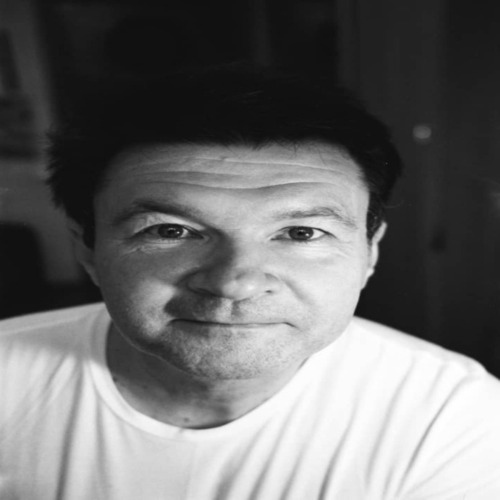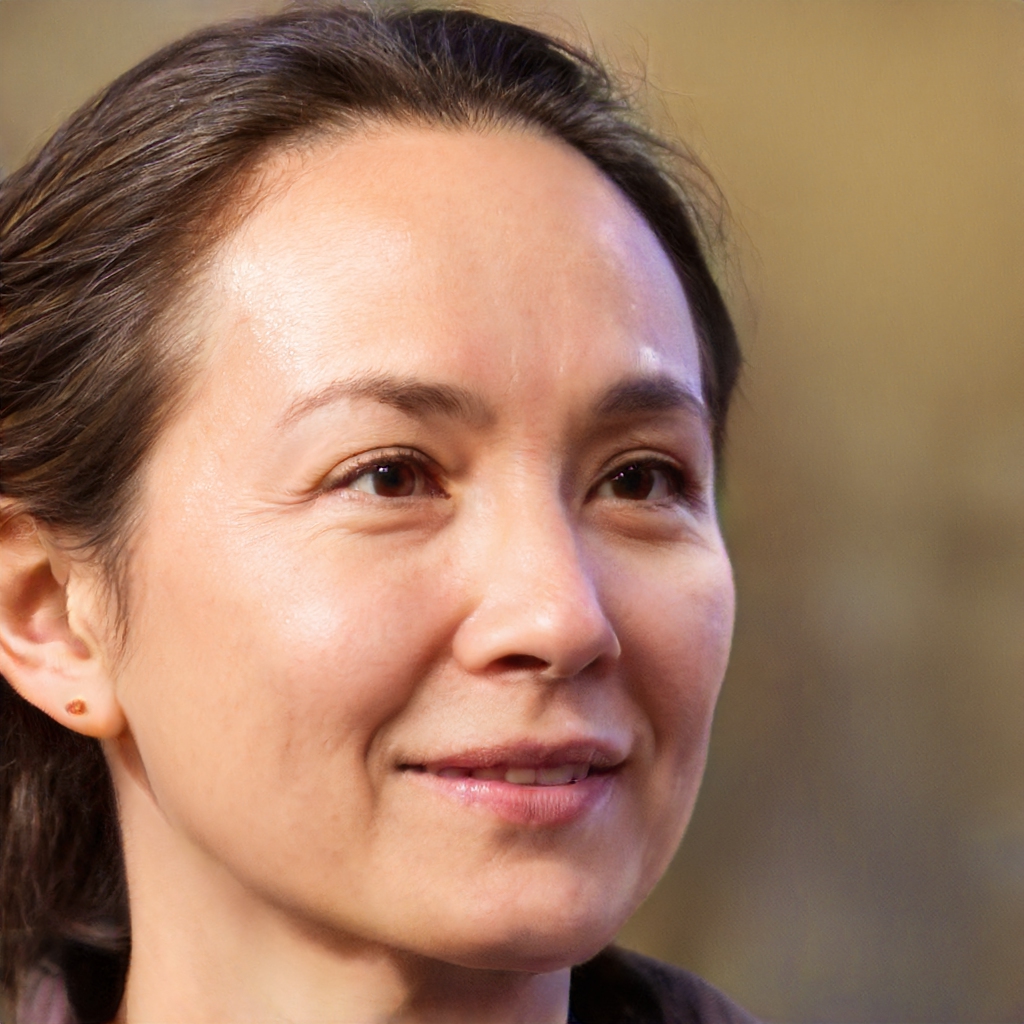New Information About Reiki
In the late 1990s, new information about Reiki from Japan began to reach the West, revealing that Dr. Usui was a Buddhist priest, not a Christian priest. He had transmitted his whole teachings to 17 individuals, not only Chujiro Hayashi.
Author:Sebastian BrooksReviewer:Sanah ConnorNov 20, 20226.9K Shares266K Views

In the late 1990s, new information about Reikifrom Japan began to reach the West, revealing that Dr. Usui was a Buddhist priest, not a Christian priest. He had transmitted his whole teachings to 17 individuals, not only Chujiro Hayashi. It was discovered that not all Reiki Masters in Japan were slain during World War II, and it became clear that Reiki had been taught there throughout the decades after Dr. Usui's death. Indeed, an organization dedicated to preserving Dr. Usui's original teachings existed—the Usui Reiki Ryoho Gakkai.
Two men, in particular, provided this more complete and accurate view of Reiki's discovery and development: Frank Arjava Petter, a European Reiki Master who lives and works in Japan with his Japanese wife, Chetna Kobayashi, and Hiroshi Doi, a Japanese Reiki Master who has trained in both Japanese and Western Reiki traditions. Additionally, Dave King, Melissa Riggall, and Robert Jefford have all contributed to our present understanding of Japanese Reiki through their time conducting a study in Japan.
Background To The Discovery Of Reiki
We can confirm that Dr. Usui was born on August 15, 1865, in the Japanese town of Taniai-mura (now Miyamacho). He began his Buddhist studies at the age of four while housed at a monastery school administered by Tendai Buddhist monks. In his mid-twenties, he reached the highest levels of Menkyo Kaiden and other ancient Japanese martial arts systems, including Ki-Ko, the Japanese form of the Chinese martial art and energy balancing method known as Chi Kung. Meditation and healing were also on his list of skills.
During his adulthood, Dr. Usui was a government officer, a merchant, a journalist, and a secretary to the Mayor of Tokyo. His memorial stone mentions that he worked as a missionary for a while, although it's unknown where or for what. It's possible that he was working in jail at the time. It is improbable that he was a cloistered monk, given his everyday life with his wife and children. In his early twenties, he transitioned from Tendai Zen to Shingon Buddhism, and by his thirties, he was well-versed in both Shinto and Mahayana (Mikkyo) Buddhism. At the age of 53, he started a three-year Zen Buddhist training.

Dr. Usui was inspired as a child by the massiveness that characterized Emperor Mutsuhito (often referred to as the Meiji Emperor)’s rule, which began when Usui was about three years old. During his reign, known as the Meiji Restoration Era (1868–1922), a new period of openness began with opening Japan's formerly closed frontiers for the first time in centuries.
As Japan moved from an agrarian to an industrial economy, there was an increased desire to examine the benefits of Western influences, allowing Japanese citizens to travel more freely. Dr. Usui is known to have traveled extensively and pursued an academic career. His monument at Tokyo's Seihoji temple cemetery says he toured China, America, and Europe. He read avidly, learning about medicine, history, psychology, and foreign religions.
Usui would have been working toward Satori, the state of spiritual enlightenment, as part of his Zen Buddhist study. According to the inscription on his tombstone, he had a spiritual awakening on Mount Kurama, near Kyoto. Although numerous Japanese sources identify the date as 1914, he most likely entered Zen Buddhism in 1918. For whatever reason, he followed the advice of his Zen Master and opted to practice the stringent spiritual discipline of shyu gyo, which involves 21 days of meditation and fasting. A "huge Reiki over my head" (stated on Usui's gravestone) enabled him to become enlightened and to acquire the ability to receive healing energy (Reiki), which he then passed onto other people.
Dr. Usui thereafter spent years leading up to his death on March 9, 1926, at the age of 60, practicing and teaching his healing system—Usui Reiki Ryoho, or the Usui Spiritual Energy Healing Method. During that time, he passed on his knowledge to others to continue the teachings. "If Reiki can be extended throughout the world, it will touch the human heart and society's principles. It will benefit a large number of people, not just those suffering from disease, but also the Earth as a whole”, he writes in his tribute. His wishes have come true, possibly even beyond his wildest dreams, and Reiki is now used by millions of people worldwide.

Sebastian Brooks
Author
Sebastian Brooks is a dedicated Reiki Master, known for his profound understanding and application of energy healing techniques. With more than 13 years of experience in Reiki practice, Sebastian has helped numerous individuals achieve physical, emotional, and spiritual well-being through his healing sessions.
His approach combines traditional Reiki principles with intuitive insights, creating a holistic and personalized healing experience for his clients. Sebastian's compassionate nature and deep connection to energy work have earned him a reputation for transformative healing results.
Outside of his healing practice, Sebastian is passionate about wellness education, sharing his knowledge and insights through workshops and seminars.

Sanah Connor
Reviewer
Sanah Connor is a Yoga Master and expert in Nutrition, holding a Master of Public Health in Nutrition from Harvard University. With over 15 years of experience in the field, Sanah specializes in creating personalized wellness plans that promote balanced nutrition, mindful eating, and physical fitness for optimal well-being.
Beyond her professional work, Sanah is an avid advocate of holistic living and wellness. She finds fulfillment in practicing meditation, cultivating organic gardening, volunteering for community health initiatives, and indulging in creative writing. These diverse interests reflect her commitment to a well-rounded and fulfilling life, enriching both her personal and professional endeavors.
Her mission is to inspire individuals to make informed choices and embrace holistic wellness for a happier, healthier life journey.
Latest Articles
Popular Articles